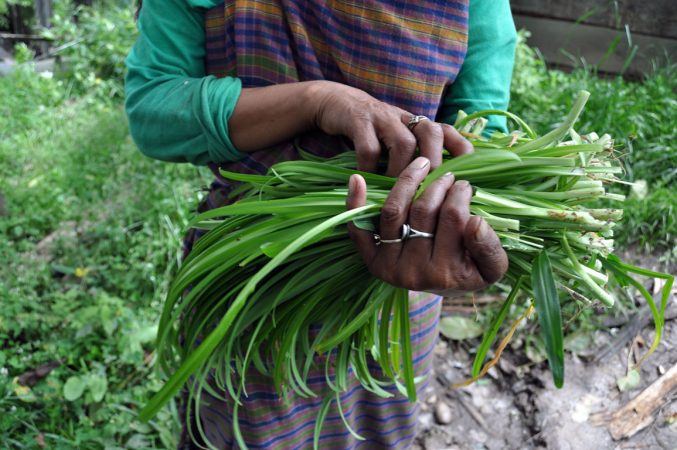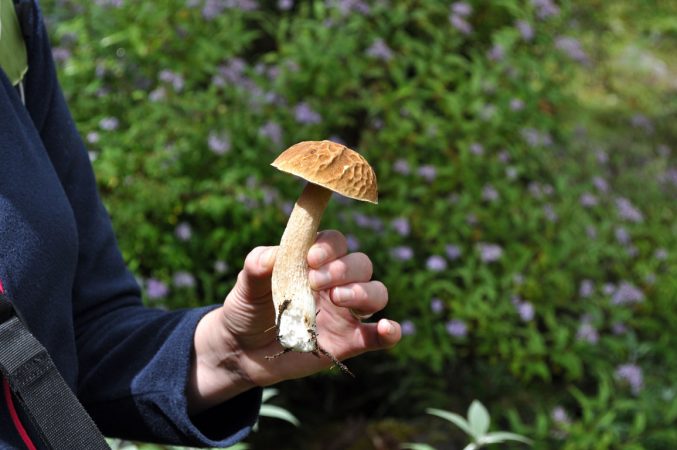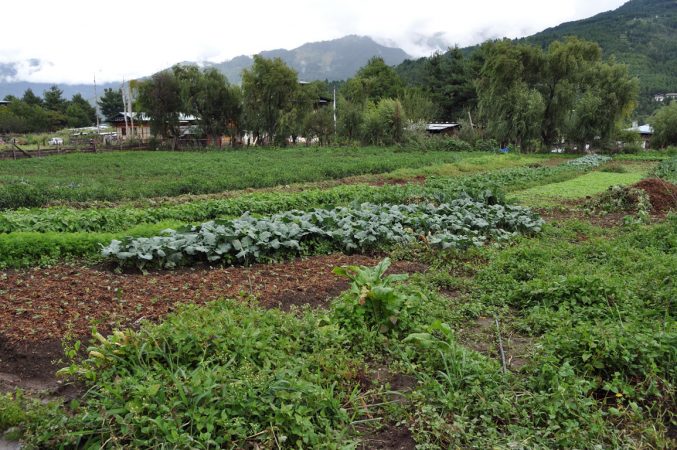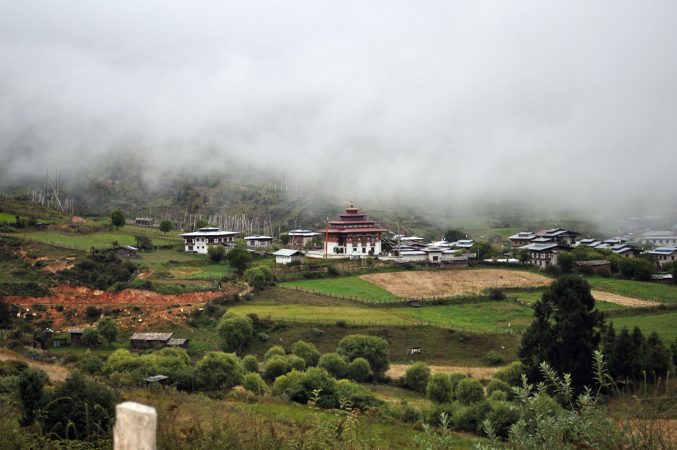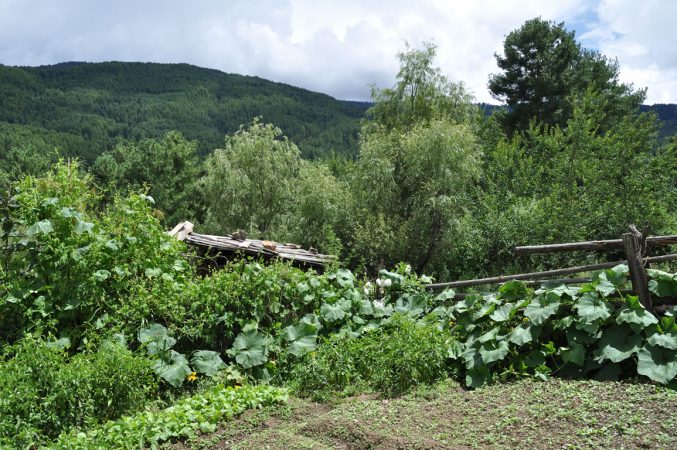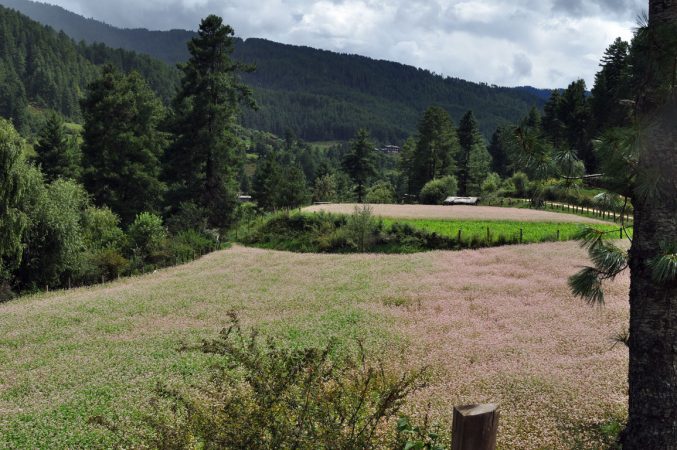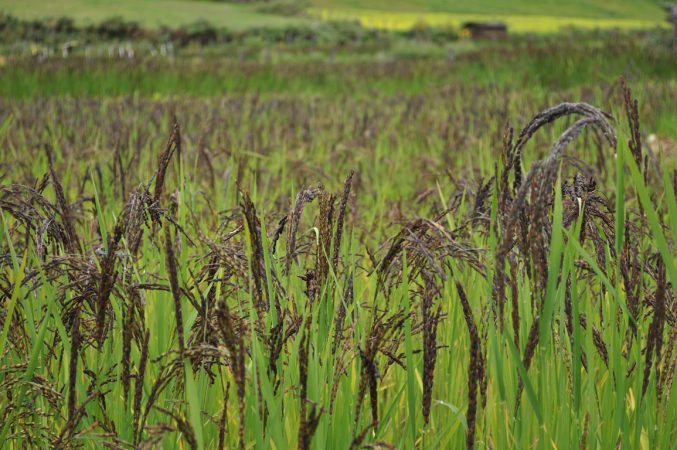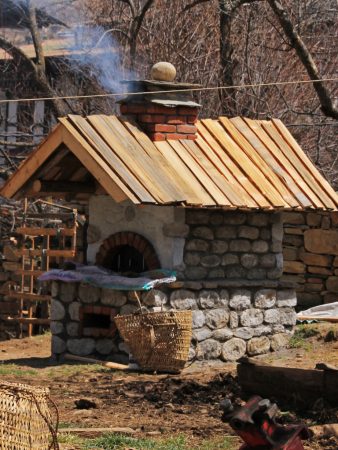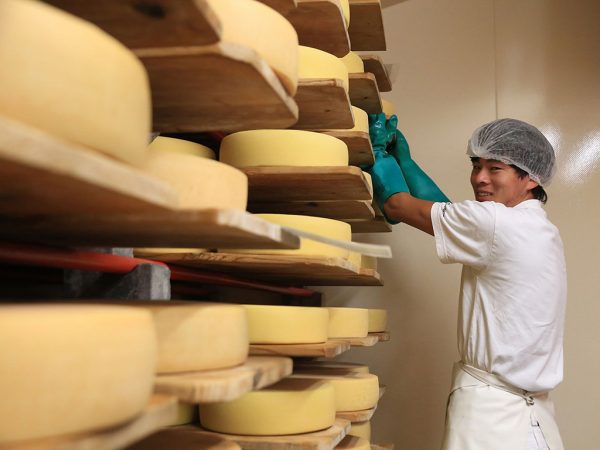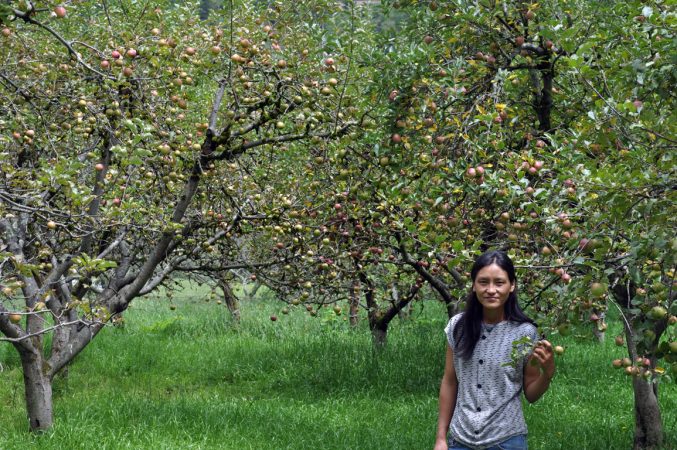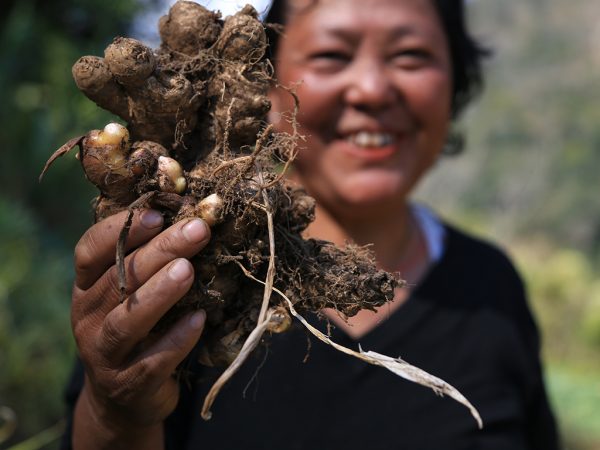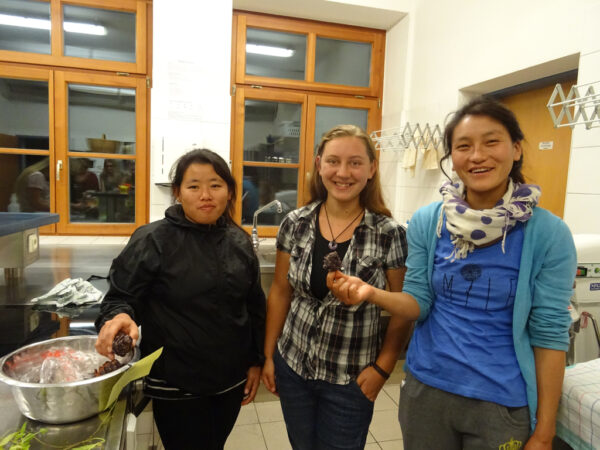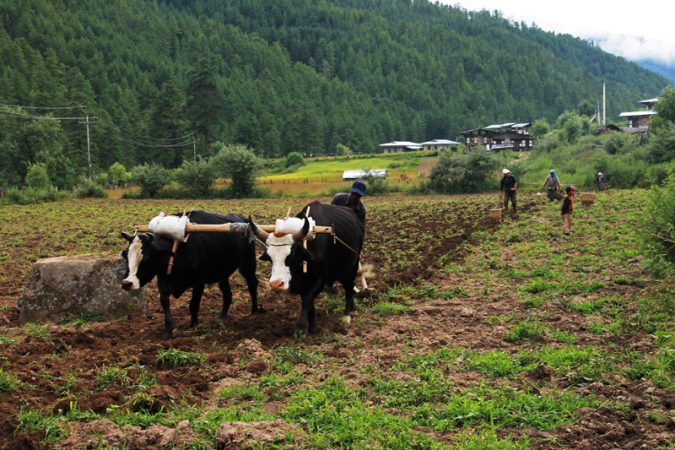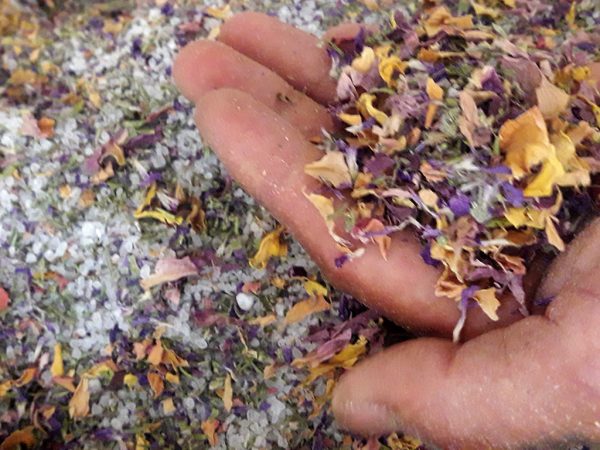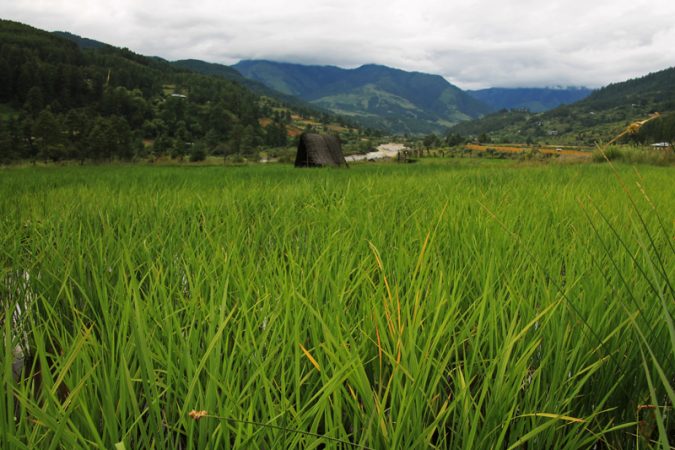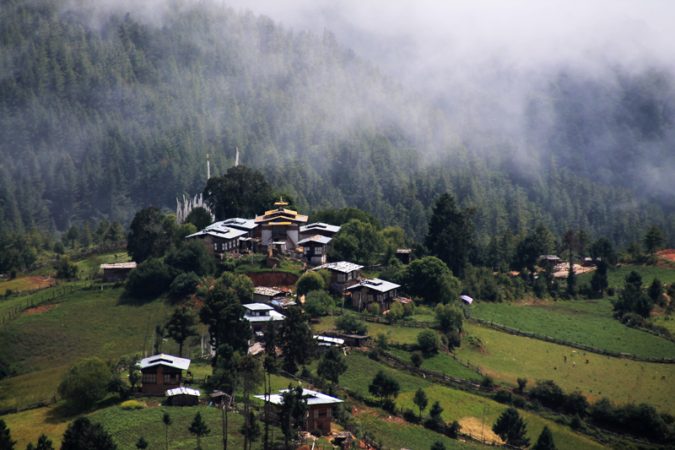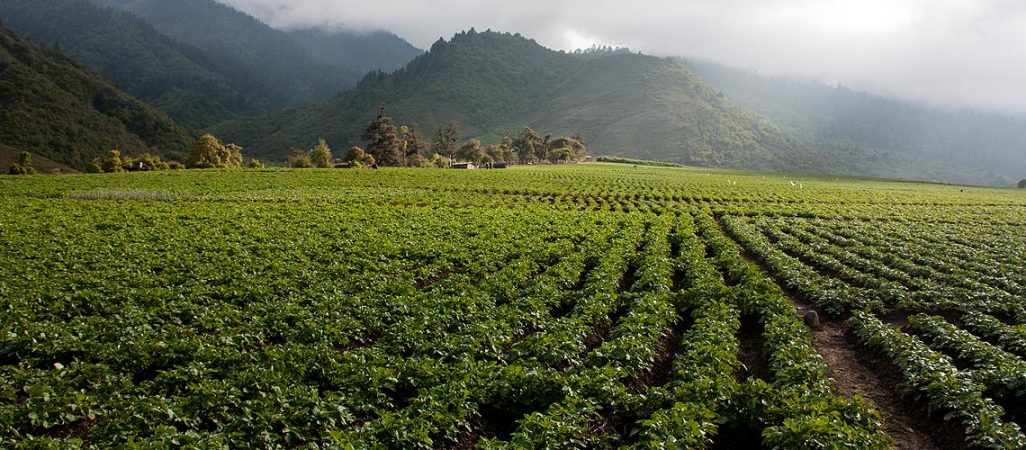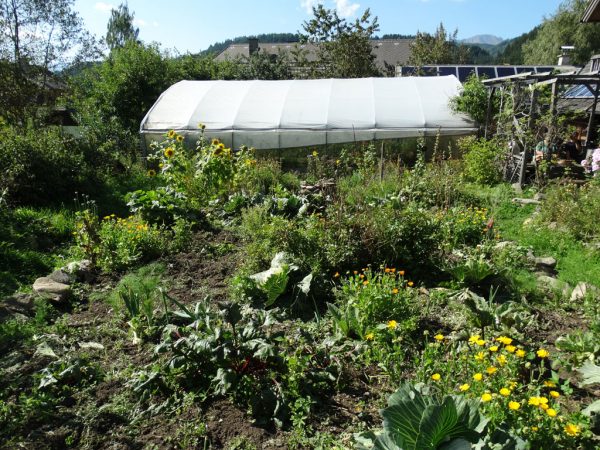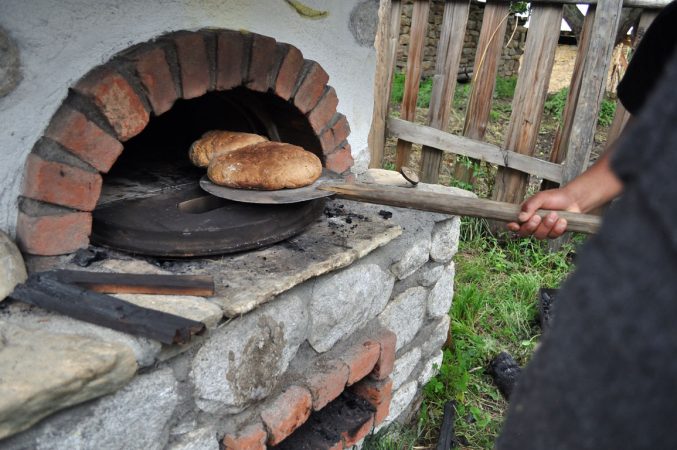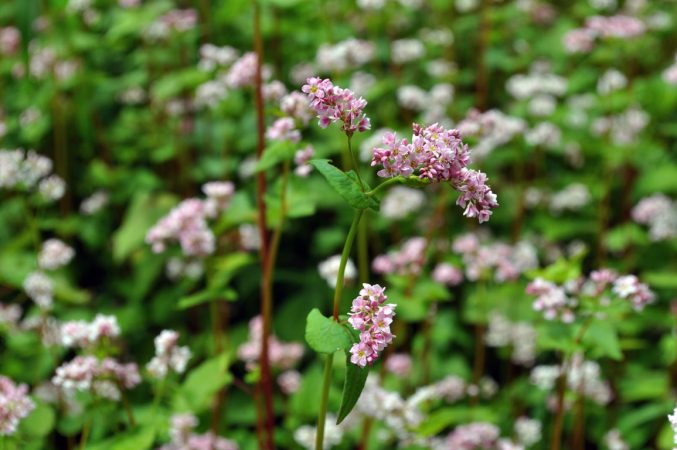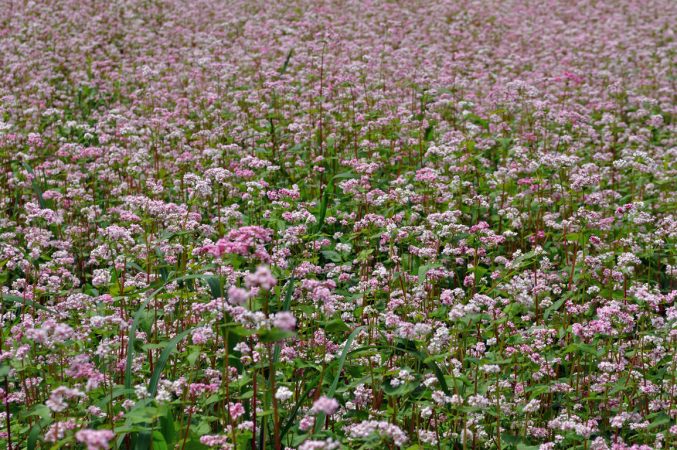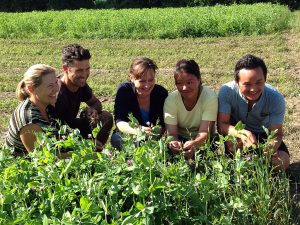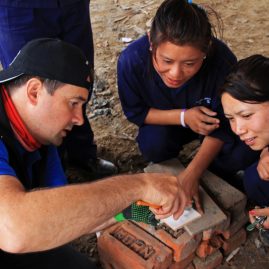This post is also available in: Deutsch (German)
BACKGROUND AND OBJECTIVES
The Ministry of Agriculture and Forests (MoAF) Bhutan and the National Organic Program (NOP) Bhutan promote organic farming in the kingdom. The government’s overall aim is to foster viable alternative agricultural methods, alongside phasing out the use of harmful chemical fertilizers and pesticides.
The situation in Bhutan
While this development is very encouraging, farmers in Bhutan continue to face additional challenges, including underappreciation by society at large, wildlife encroachment on their crops and rural exodus and more recently out-migration and goongtong (’empty house’) in the villages. There doesn’t seem to exist many incentives for young people to pursue a career as a farmer.
Similar to elsewhere in the world, many young Bhutanese with a certain level education see little future in pursuing a career as farmer. They also lack the knowledge and long-standing wisdom of their grandparents and parents, having lived away from home in hostels during their schooling. In addition, these younger people are attracted to towns and cities by the prospects of potentially more prestigious employment, which may also bring with it the chance to work abroad where they believe life is easier and further (even more lucrative) openings exist. This idea is cultivated by the educational trips and schemes abroad that are common among medium- and high-level civil servants in Bhutan as well as some students, who thus are exposed to and enjoy training opportunities all over the world.
Development within Bhutan itself has also been differential: the west of the country favored heavily in terms of investment in infrastructure and accessibility, while the more remote villages in the east and south have remained comparatively under-resourced and hard to reach. The rugged terrain in the kingdom and extreme weather patterns with often heavy monsoon rains that lead to land slides and destruction of roads, are two of the main obstacles.
However we believe that manual labor is very important and valuable, and that the skills required to do it well need to be learned – preferably from existing practitioners. Yet all too few schemes currently exist for rural non-elites working in vocational professions – people like farmers and others manually skilled, who do not have ready access to networks and training opportunities. With our Organic Farmers Exchange Program (OFEP) we want to enable precisely these opportunities, for these people working in agriculture and agricultural education at the grassroots level.
Objectives
- To reduce the rural-to-urban and out-migration in Bhutan
- To assist the reduction of youth unemployment by promoting organic farming as a meaningful profession
- To support initiatives that promote a positive, long-term change of mindset regarding the value of manual labor and agricultural professions
- To stimulate economic growth and the reduction of poverty by encouraging and enhancing activities related to rural life, organic farming, and the marketing of organic produce in Bhutan
- To support the empowerment of women, who are in many regions the “boss of the farm”
Strategies
It is our philosophy that exchange should take place at the grassroots level, based on our thuenlam approach that takes seriously the importance of social relations. OFEP offers study tours targeted at young villagers and leaders of cooperatives and farmer groups who show interest and a dedication to organic farming and to village life. Our intention is to facilitate integrated, small-scale, high-quality exchanges by offering young Bhutanese farmers the chance to experience organic farming in Austria, in its particular socio-cultural context. For several decades, organic farming in Austria has been continuously promoted with Salzburg one of the leading regions in Europe to successfully realize this. Traditional local knowledge related to organic farming has been rediscovered and re-contextualized into contemporary modern life and our Austrian partner farms are also multi-resource oriented.
Clearly, the historical context for why organic farming in Austria has become popular again is different from that in Bhutan, and it will be for the Bhutanese farmers to decide which knowledge will be useful to them back home. For the Austrian farmers visiting their Bhutanese colleagues, it is an important chance to understand the particularities of Bhutanese farms and farming. The concept of what is considered organic may be very different in both countries. What organic fertilizers are used, and how is pest control maintained? What is the local socio-cultural perception towards organic/non-organic food in terms of well-being and health? How can organic products be marketed in Bhutan?
By bringing farmers from both countries together, then enabling them to study, onsite the work of their respective colleagues, they are exposed to that particular farming life first hand, embedded in its natural context; at the same time they share experiences and build relations. OFEP’s aim is therefore to establish a long-term connection and exchange at the farmers’ level, creating mutual benefits that help strengthen the organic movement at the level of producers – with all their differences as well as similarities. In Bhutan, our intention is to stimulate a growing awareness among young farmers of organic multi-resource farming as a modern, viable and valuable livelihood. We want farmers there to see for themselves that in countries such as Austria becoming an organic farmer is a positive choice, made by people with high levels of formal education who believe firmly that it can lead to a sustainable and responsible way of life.
Feedback from Bhutan
Main Host:
Host Farmers:
Wirtsbauer, Ostermiething (Main training farm since 2023)
Zieferhof, Familie Perwein, Leogang
Hiasnhof, Gunther Naynar, Göriach
Candidates 2024
Advanced Farming Training for Leadership in Agriculture (AFTLA)
Ms. Pemba Lhamo, Dagana (head of farmer group)
Mr. Thinley Wangdi, KNC Zhemgang (head of cooperative)
Candidates 2023
Ms. Pemba Lhamo, Dagana (head of farmer group)
Mr. Thinley Wangdi, KNC Zhemgang (head of cooperative)
Candidates 2019
Ms. Sangay Tsokey, Tang, Bumthang
Ms. Pema Wangmo, KNC, Zhemgang
Candidates 2018
Ms. Kuenzang Choden, Tang, Bumthang
Ms. Tshering Delkar, KNC, Zhemgang
Candidates 2017
Ms. Leki Yangzom, Tang, Bumthang
Ms. Tashi Wangmo, KNC, Zhemgang
Candidates 2016
Ms. Tshering Wangmo, Tang, Bumthang
Mr. Tashi Dorji, Tang, Bumthang
Candidates 2015
Mr. Dechen Dorji, Tang, Bumthang
Mr. Sonam Chophel, Chumey, Bumthang
Candidates 2014
Ms. Tashi Wangmo, Ura, Bumthang
Ms. Tshering Lhaden, Chokhor, Bumthang


